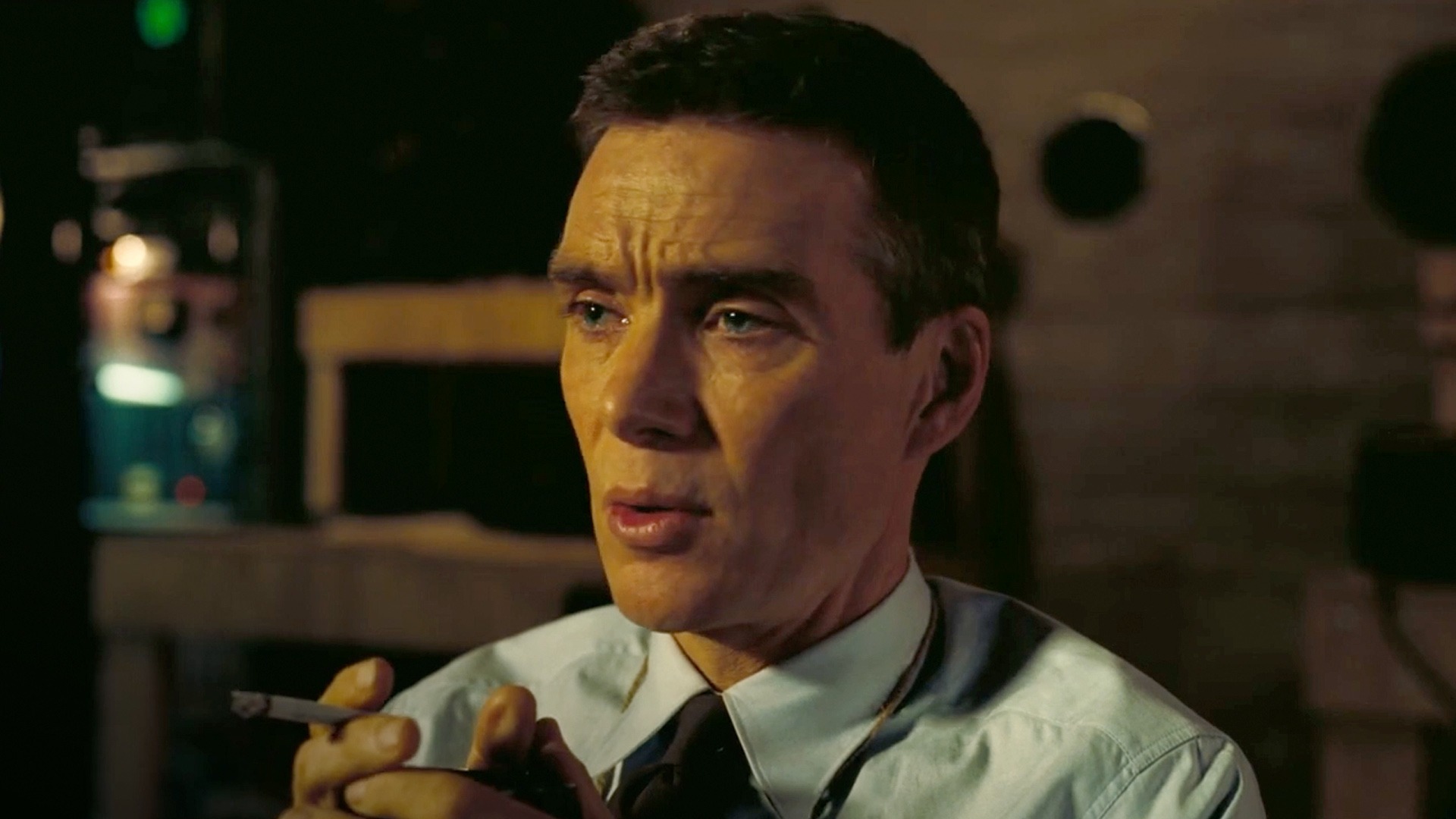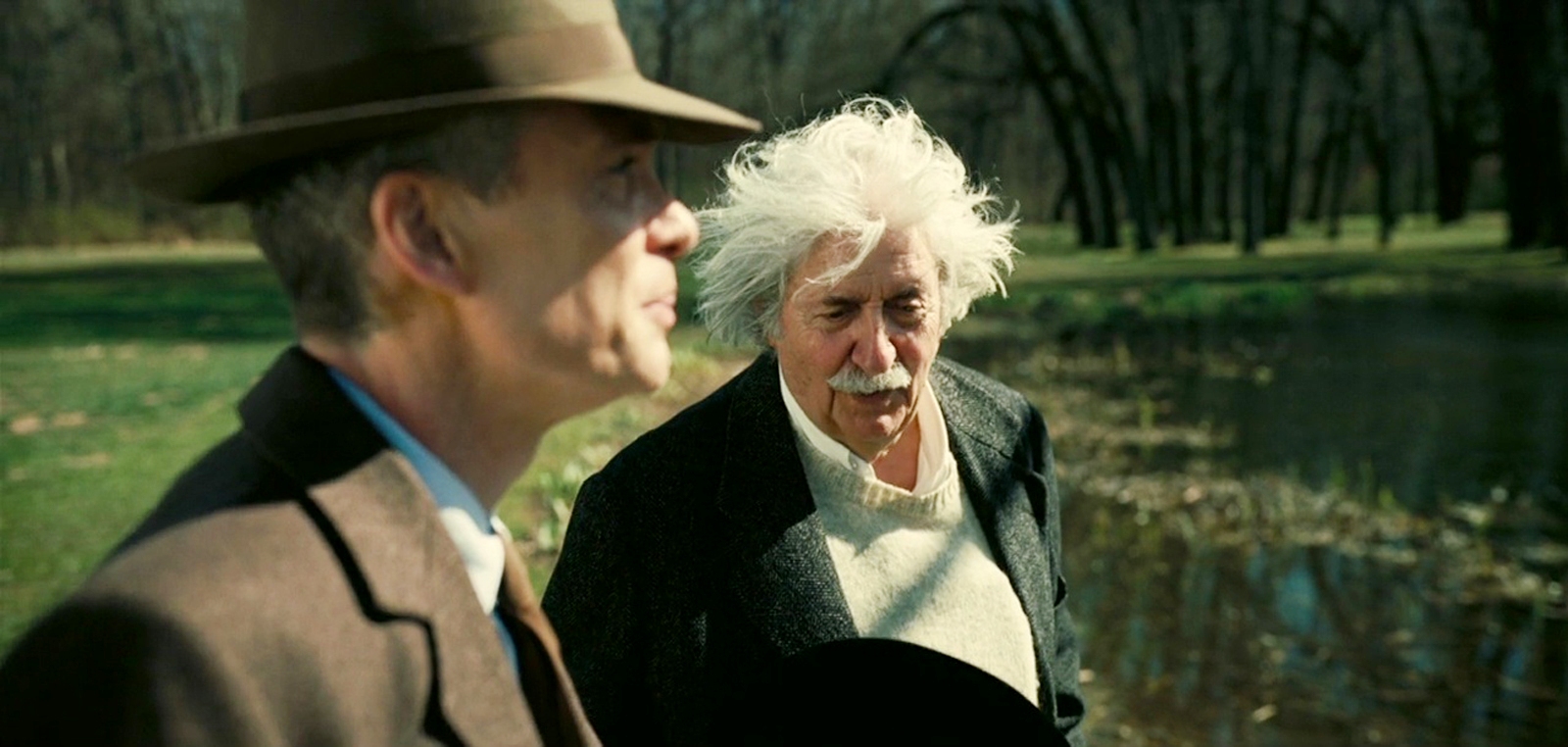"Oppenheimer" (2023): A Monumental Portrait of Genius, Guilt, and the Birth of the Atomic Age
Oppenheimer (2023), directed by Christopher Nolan, is a sweeping, cerebral, and emotionally devastating biographical drama that chronicles the life of J. Robert Oppenheimer, the theoretical physicist known as the "father of the atomic bomb." Adapted from the Pulitzer Prize–winning biography American Prometheus by Kai Bird and Martin J. Sherwin, the film is both an intimate character study and a harrowing exploration of scientific discovery’s ethical consequences. With its dense structure, powerful performances, and philosophical weight, Oppenheimer stands as one of Nolan’s most ambitious and mature works.
The film centers on Oppenheimer, portrayed with magnetic intensity by Cillian Murphy, tracing his journey from a brilliant but conflicted academic to the leader of the Manhattan Project—a top-secret wartime operation that developed the first nuclear weapons during World War II. Nolan divides the narrative into two timelines: one in vivid color that represents Oppenheimer’s subjective experience, and one in stark black-and-white that reflects the objective viewpoint of others, especially during a later security hearing where his patriotism and legacy are put on trial.

Murphy’s performance is nothing short of mesmerizing. He embodies the contradictions at the heart of Oppenheimer: a man driven by ambition, haunted by morality, and eventually consumed by the consequences of his own genius. As he famously watches the Trinity Test—where the first atomic bomb is detonated in the New Mexico desert—the awe on his face slowly turns into horror, foreshadowing the emotional toll that will follow him for the rest of his life.
The supporting cast is equally exceptional. Robert Downey Jr. delivers a standout performance as Lewis Strauss, a powerful government official whose personal vendetta against Oppenheimer plays a central role in the film’s third act. Emily Blunt plays Kitty Oppenheimer, Robert’s troubled but fiercely loyal wife, while Florence Pugh gives a haunting portrayal of Jean Tatlock, a Communist sympathizer and one of Oppenheimer’s great loves. Matt Damon adds grit and levity as General Leslie Groves, the military commander of the Manhattan Project.

Nolan’s direction is precise and poetic, using IMAX photography and practical effects to create an immersive cinematic experience. The Trinity Test scene is a masterclass in suspense and spectacle—tense, silent, and stunningly visceral. Ludwig Göransson’s pulsating score adds to the film’s sense of urgency and dread, weaving through time and memory like the echo of a bomb long after it has exploded.
More than just a historical biopic, Oppenheimer is a philosophical meditation on the paradox of scientific advancement. It poses difficult questions: What does it mean to create something that can destroy the world? Can a man be both a hero and a villain? In Nolan’s hands, Oppenheimer is not simply a historical figure—he is a modern Prometheus, cursed by the fire he brought to humanity.

In conclusion, Oppenheimer is a bold, challenging, and unforgettable film that tackles the immense weight of history and individual conscience. It’s not just a story about the bomb—it’s a story about what it means to live with the knowledge of what you've unleashed.


